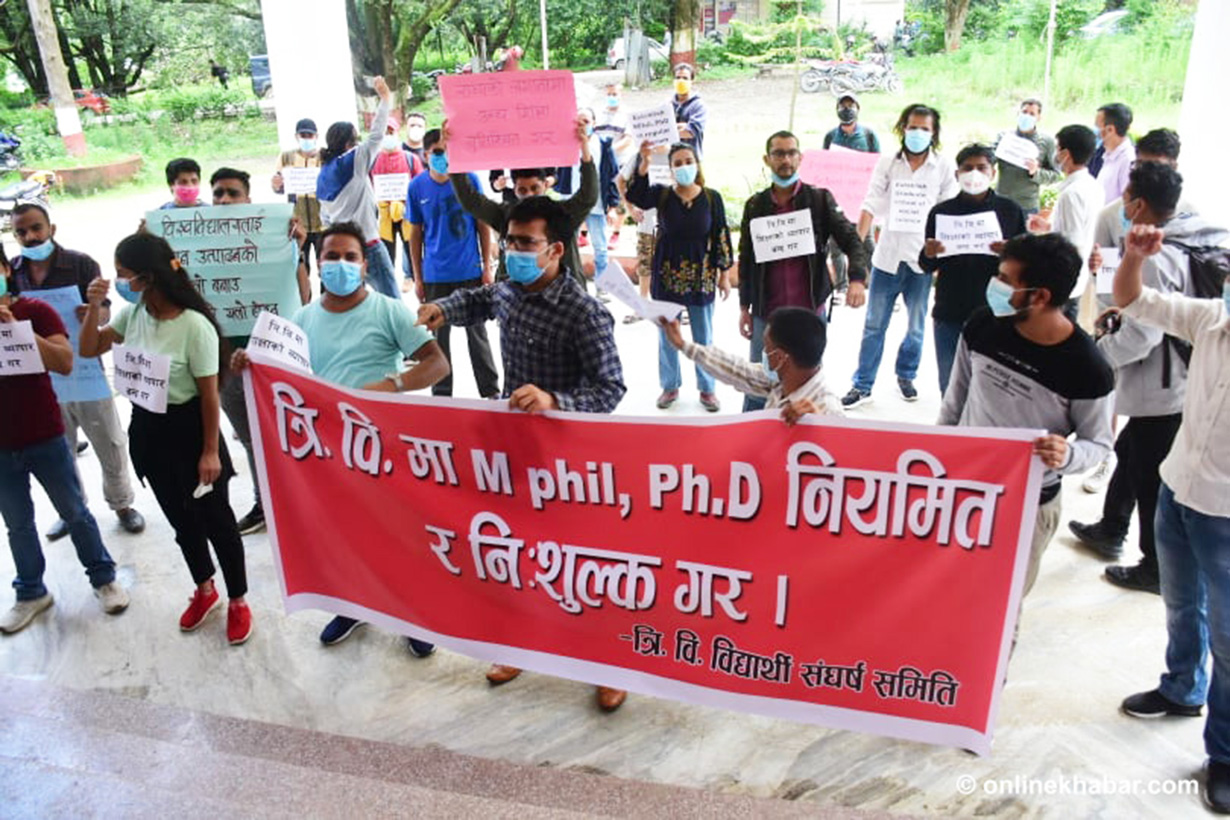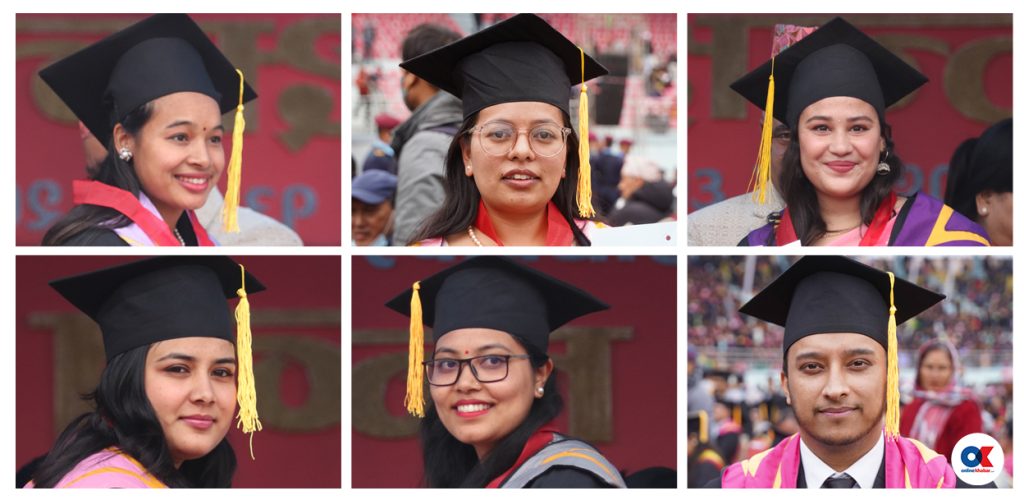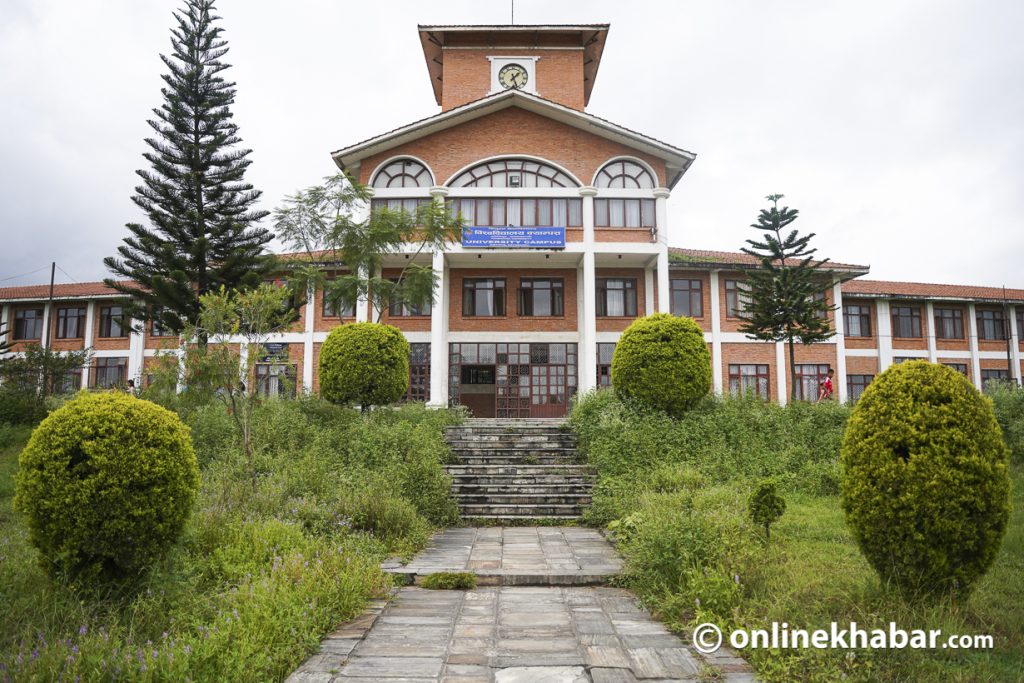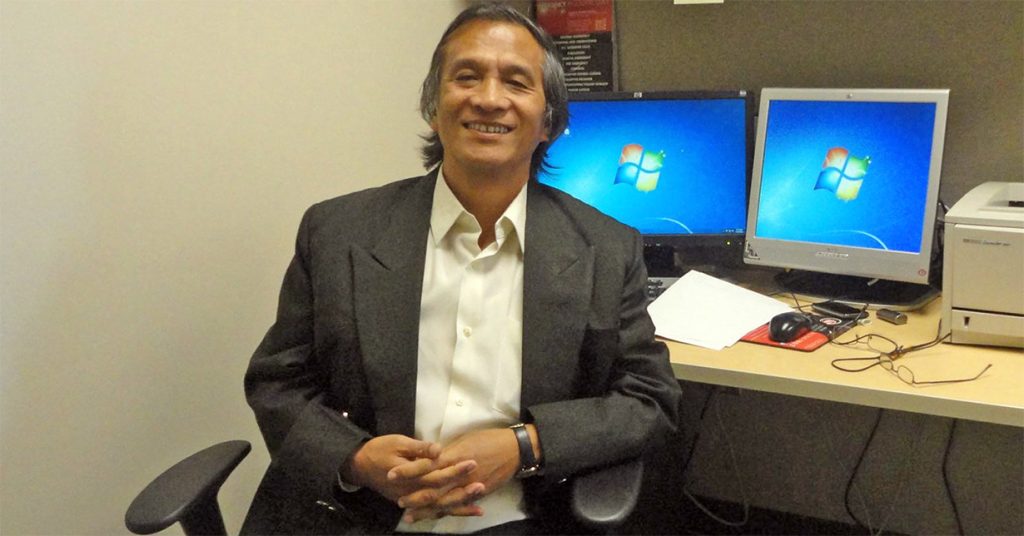Some students have been protesting what they call the arbitrariness of the country’s oldest and biggest university, Tribhuvan University, in the MPhil and PhD programmes for a week now.
The students have objected to the implementation of the courses and fees by the university claiming they are similar to those of private institutions. Students of the Faculty of Humanities and Social Sciences have declared an indefinite protest under the name ‘TU Student Struggle Committee’. They have also complained that both the fees and teaching methods are not scientific, adding these courses should be made accessible to larger groups of students who cannot afford private institutions.
Privatising the higher education programmes
Student leader Sangharsha Dahal says the students were hit hard when the university did not include MPhil and PhD as its regular programmes. According to him, 18 departments in humanities only have conducted MPhil and PhD programmes. As there are three employees in every department, the entire fee collected from the students is limited to paying employees.

“As soon as higher education is conducted as regular programmes from the same structure, the fees will decrease automatically,” Dahal argues, “But, this is not the case, thus, thousands of students have been hit hard as the university conducts MPhil and PhD programmes separately, by looting students of their pockets.”
Likewise, another young leader at the university, Gautam Rai, also says the university has not invested in higher education programmes (MPhil and PhD). According to Rai, most of the universities in the world offer grants to students for higher education while the TU collects arbitrary fees.
“The TU does not have an organised structure to teach MPhil and PhD,” he complains, pointing to the university leadership, “Not only the structure but it has also not invested on the long-term infrastructure of higher education so far.”
Similarly, Bishnu Adhikari, another student, adds the university is trying to completely privatise MPhil and PhD programmes. Citing the semester system is conducted in the style of conducting yearly classes, Adhikari says, “The TU has fallen victim to neo-liberal policies. The course has been run arbitrarily under the pressure of the private sector and donors.”
In addition, Dahal also believes inter-class inequality will increase when higher education is conducted at the TU as it is being conducted in the private sector.
Further, a professor of the TU also says the MPhil and PhD programmes have been run privately for 15 years. According to him, the fee per semester for MPhil in humanities and social sciences is Rs 60,000 to Rs 80,000. It costs over Rs 1 million to complete a PhD programme in some subjects.
Due to the limited scholarship quota, the concerned office of the dean decides who get the scholarships, says the professor. The application form fee for studying MPhil is Rs 5,000 to Rs 10,000.
Lack of coordination
The TU has been conducting MPhil programmes in seven disciplines including education, humanities, anthropology, history and others. In other subjects, there is a provision to do a PhD directly after post-graduation.
PhD students in the Department of Humanities and Social Sciences must attend two semesters’ classes as undergraduate and postgraduate students do. However, in the science and technology faculty, it is enough to do a three-month general research course.
On this, scholar Lok Ranjan Parajuli has mentioned in a research paper on the quality of PHD’s research, “Research supervision is not like teaching students in a classroom. Therefore, the quality of higher education is enhanced only with adequate coordination between the researcher and the guide.”
The MPhil programme is coordinated by the department of the respective subject and the PhD programme is coordinated by the Office of the Dean. There has been no concrete discussion between the department and the Office of the Dean on how to make the two programmes effective and convenient. The lack of an integrated model for conducting both higher education programmes has led to ongoing disputes over MPhil and PhD studies.

Response from the TU
The assistant dean of the Faculty of Humanities and Social Sciences, Duvinanda Dhakal, who is in a directorial role for the PhD programmes of the faculty, informs there is a rule that some programmes of the university are taught by raising money and some are funded by the TU itself.
As per the same rule, the fees for MPhil and PhD programmes are charged, reports Dhakal. “We have been carrying out the programmes by collecting fees from the students and running the expenses from that, which is called the cost recovery model,” informs Dhakal, ” The practice of determining fees based on that model is maintained here.”
Shiva Lal Bhusal, the rector of the university, says that such fees have to be charged due to a lack of necessary infrastructure and permanent professors. Also, the investment of the government is low in higher education.
“We have been conducting classes like this thinking Nepali students can get to study in the country itself,” says Bhusal, “The TU alone cannot decide whether to teach for free or on a grant. This is possible only if the government allocates budget and has a concrete policy.”
Meanwhile, Bhusal has told the students to protest only after comparing the fees charged for doing MPhil-PhD programmes in neighbouring countries. Regarding the students’ protest, Bhusal says, “We have made the Tribhuvan University professors teach at the lowest possible cost. If it is said to be expensive, other options will be even more expensive.”



























